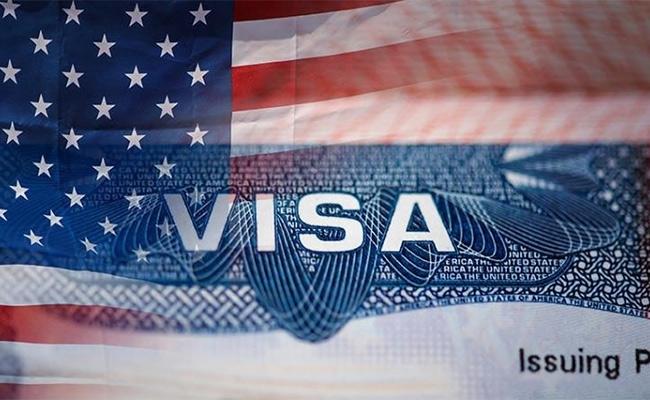
In January 2023, the US Citizenship and Immigration Services (USCIS) issued an extensive 469-page document outlining proposed fee increases across various categories, including H-1B visas.
During the two-month comment period for the proposed rule, immigration attorneys reported that over 600 individuals and organizations criticized the suggested fee hikes.
Subsequently, USCIS has delayed the issuance of the final ruling, now anticipated in December or January 2024, with an effective date set for 60-90 days thereafter.
The fee increases proposed in January 2023 might materialize in early 2024.
In the release pertaining to the proposed fee hikes, USCIS highlighted that nearly 96% of its funding comes from filing fees. The pandemic had adversely affected its revenue stream, and the immigration agency faced challenges such as staff shortages and increased processing backlogs.
The release stated, "The proposed fee rule is the result of a comprehensive fee review at USCIS. This review determined that the agency’s current fees, which have remained unchanged since 2016, fall far short of recovering the full cost of agency operations."
USCIS emphasized that its current fee schedule is projected to yield an average of $3.28 per year during FY 2022 and 2023. With the addition of premium processing, total fee revenue is expected to be $4.5 billion per year on average. However, the proposed fee rule aims to generate an additional $1.9 billion per year on average compared to the current baseline. This amount is deemed necessary to align agency capacity with projected workloads and prevent future backlogs.
If the rule is enacted as proposed in January 2023, the costs for US employers sponsoring immigrant employees will rise. Since 2019, sponsoring US employers must electronically register beneficiaries for the H-1B route. The e-registration fee, currently at $10, is proposed to increase by 2050% to $215. The filing fee for H-1B applications at the second stage is proposed to increase from $460 to $780, a 70% increase.
Application fees for citizenship (naturalization) would rise from $640 to $760, a 19% hike. The most substantial proposed increases are for EB-5 investors in the investment-linked green card program. Investors would pay $11,160 for initial I-526 petitions (a 204% hike) and $9,535 for I-829 petitions to remove conditions on permanent resident status, a 148% increase.













